Blockchain-powered IoT Networks: Securing the Future of Connected Devices
The Internet of Things (IoT) is revolutionizing the way we live and work. From smart homes and wearable devices to industrial machinery and connected vehicles, billions of devices are continuously generating and exchanging data. While this connectivity promises unprecedented convenience and efficiency, it also comes with significant challenges—security vulnerabilities, lack of trust, data tampering, and centralized control issues.
Enter blockchain technology. By combining IoT with blockchain, businesses and developers can create decentralized, secure, and tamper-proof networks where devices communicate, transact, and collaborate autonomously, without relying on centralized intermediaries.
Why Blockchain Enhances IoT Networks
-
Enhanced Security – IoT networks are notoriously vulnerable to hacks due to weak device security. Blockchain’s decentralized architecture ensures that data stored across the network is immutable and tamper-resistant, making unauthorized modifications nearly impossible.
-
Trust and Transparency – Every interaction between devices is recorded on a public or permissioned ledger, providing a verifiable trail of all transactions. This is especially critical in sectors like healthcare and supply chain management, where data integrity is paramount.
-
Smart Automation with Smart Contracts – Blockchain enables self-executing agreements between devices. For example, a smart refrigerator could automatically order groceries when stocks run low, or industrial machines could trigger maintenance payments once sensors detect wear and tear.
-
Efficient Supply Chain Management – Integrating IoT sensors with blockchain allows businesses to track products at every stage of the supply chain, ensuring authenticity, reducing fraud, and increasing operational efficiency.
-
Decentralized Data Sharing – Blockchain allows IoT devices to share verified data securely across multiple networks without relying on a single authority, breaking down silos and enabling collaboration between stakeholders.
Real-World Applications
-
Smart Homes & Cities – From smart lighting to traffic management, blockchain-secured IoT ensures reliable, automated operations and prevents unauthorized access.
-
Healthcare – Wearables and medical sensors can provide trusted real-time health data while protecting patient privacy.
-
Industrial IoT (IIoT) – Machines communicate securely, enabling predictive maintenance, energy optimization, and seamless machine-to-machine transactions.
-
Supply Chain & Logistics – Blockchain-powered IoT tracks the journey of goods, providing transparency from origin to delivery and reducing counterfeit risks.
-
Agriculture & Food Safety – Sensors track soil, crops, and storage conditions. Blockchain ensures farm-to-fork traceability, enhancing food safety and quality.
Challenges and Considerations
While blockchain offers immense potential, integration with IoT comes with challenges:
-
Resource Limitations – Many IoT devices have limited computing power and storage. Lightweight blockchain protocols or off-chain solutions are essential.
-
Scalability – As the number of connected devices grows, maintaining fast and efficient blockchain operations is critical.
-
Standardization and Interoperability – Different IoT platforms and blockchain networks need standardized protocols for seamless integration.
The Road Ahead
The combination of blockchain and IoT is shaping the future of autonomous, secure, and transparent networks. With advances in edge computing, low-energy consensus algorithms, and scalable distributed ledgers, blockchain-powered IoT networks are expected to become the backbone of smart industries, cities, and everyday connected life. Organizations that adopt this integration early will gain a competitive edge, ensuring not just operational efficiency but also trust, accountability, and resilience in their digital ecosystems.
Frequently Asked Questions (FAQs)
Q1. Why is blockchain important for IoT networks?
IoT devices often operate in untrusted environments and generate massive amounts of sensitive data. Blockchain ensures data integrity, security, and transparency, creating a trustworthy ecosystem for device communication.
Q2. Can all IoT devices handle blockchain?
Traditional blockchains can be resource-intensive, but lightweight blockchains and edge computing solutions are designed specifically for IoT devices with limited processing power and storage.
Q3. Which industries benefit most from blockchain-enabled IoT?
Healthcare, manufacturing, smart cities, agriculture, and supply chain sectors benefit the most due to their reliance on trusted data exchange, automation, and traceability.
Q4. Does blockchain completely prevent IoT hacking?
While blockchain significantly improves security and makes tampering extremely difficult, device-level security and proper network protocols are still essential for full protection.
Q5. What is the future of blockchain and IoT integration?
The future lies in scalable, low-energy blockchains that can manage billions of connected devices, enabling autonomous operations, cross-industry collaboration, and secure real-time decision-making.













 2025. All rights reserved
2025. All rights reserved